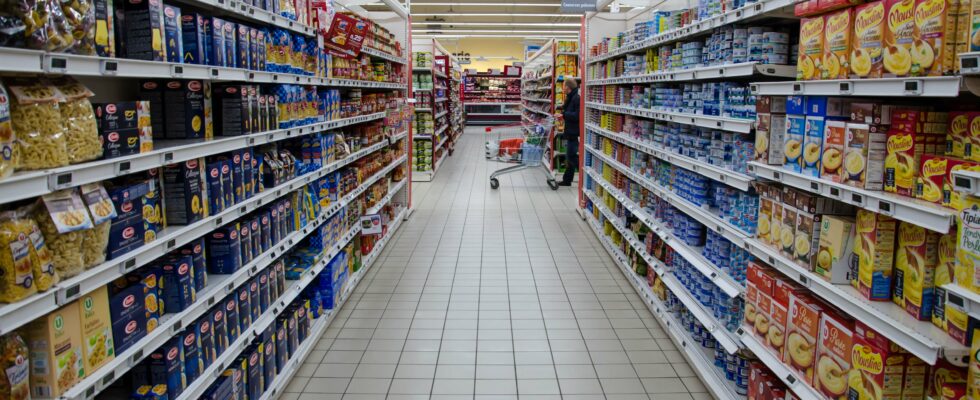In the United States, it is stirring up tensions between Republicans and Democrats. In France, it was widely invited into the debates preceding the last elections. It? It’s inflation. For several years now, rising prices have been back in the West. To the great displeasure of the political world, which would like to be able to control it. Economists have perfectly identified the causes: supply disruptions during the Covid period, rebound in demand after lockdowns, labor shortages in certain sectors, rising energy prices linked to the war in Ukraine, etc.
But while the worst seems to be behind us and inflation is returning to more reasonable levels on both sides of the Atlantic, some experts are once again sounding the alarm. Because the ecological transition will probably be inflationary. For households already scalded by the surge in energy prices, and the increase in taxes that goes with it, this is of course bad news because this time, price tensions are likely to last longer.
In a recent study, Carmignac teams quantify the scale of the problem. “Containing global warming below 1.5°C could add 1.6% to inflation each year over the next decade,” warn Lloyd McAllister, head of sustainable investment, Raphaël Gallardo, chief economist, and Michel Wiskirski, commodities specialist.
For France, this means annual inflation that would remain at 3 or 4% for a long time after a peak of 6.9% reached in 2023. “We have identified several channels of transmission on prices,” justifies Raphaël Gallardo. The energy transition will increase demand for certain resources deemed critical (copper, zinc, nickel and even skilled labor).” This greenflation is already being felt in the renewable energy sector where the cost of wind turbines has jumped by 40% due to the surge in the price of certain components.
The transition will also encourage fossil fuel producers to reduce or stop their investments. “They are already under strong pressure to do so since many countries have adopted ambitious climate targets. However, at the same time, demand for hydrocarbons is not going to stop immediately. It will remain significant for at least ten years. This contrast between supply and demand will result in a rise in prices,” says Raphaël Gallardo. This effect alone would be responsible for half of the slippage anticipated by Carmignac.
No miracle solution
Finally, industry’s efforts to go green could also contribute to inflation since they lead to additional costs of around 25% to 300% for many sectors such as cement, steel, heating networks, aviation and maritime transport. “Ultimately, the ecological transition must bring us into a more efficient and therefore less costly system. On the other hand, the alternative would result in a period of almost permanent, unpredictable and uncontrollable inflation,” Carmignac experts specify.
Between two evils, France has therefore chosen the lesser bad. However, the period that is beginning poses considerable challenges. Especially since other elements not linked to the climate also risk accelerating the rise in prices: aging of the population, deglobalization, tensions on international trade, etc. In Europe, the problem of inflation could be exacerbated by the extension of the carbon market, this system requiring companies to pay according to their CO2 emissions. “We will have to absorb the costs. Who will pay between the different social classes or the different generations? Should governments and central banks intervene and if so, in what form? We will have to answer these questions,” wonders Raphaël Gallardo.
There is no perfect solution to the problem of inflation. Governments could decide to grant subsidies to compensate for the increase in the price of fossil fuels and avoid social unrest. But this would weigh on their already degraded public finances and could lead to a rise in interest rates. For their part, the European central banks, which ensure price stability, will find themselves faced with a real headache.
“They will have to decide whether this transitory inflation should be “ignored”, at the risk of a de-anchoring of long-term inflation expectations, or on the contrary combated, by causing compensatory deflation in other sectors of the economy”, specifies the Carmignac study. Indeed, the ECB is aiming for a 2% increase in prices in the medium term. However, if the transition alone creates a surplus of 1.6%, this means that the rest of the economy must be almost at zero. Is this really what we want? “The effects of the transition on inflation – and the way to respond to them – have not yet been sufficiently studied”, notes Raphaël Gallardo. It is high time to put these two subjects on the table.
.
